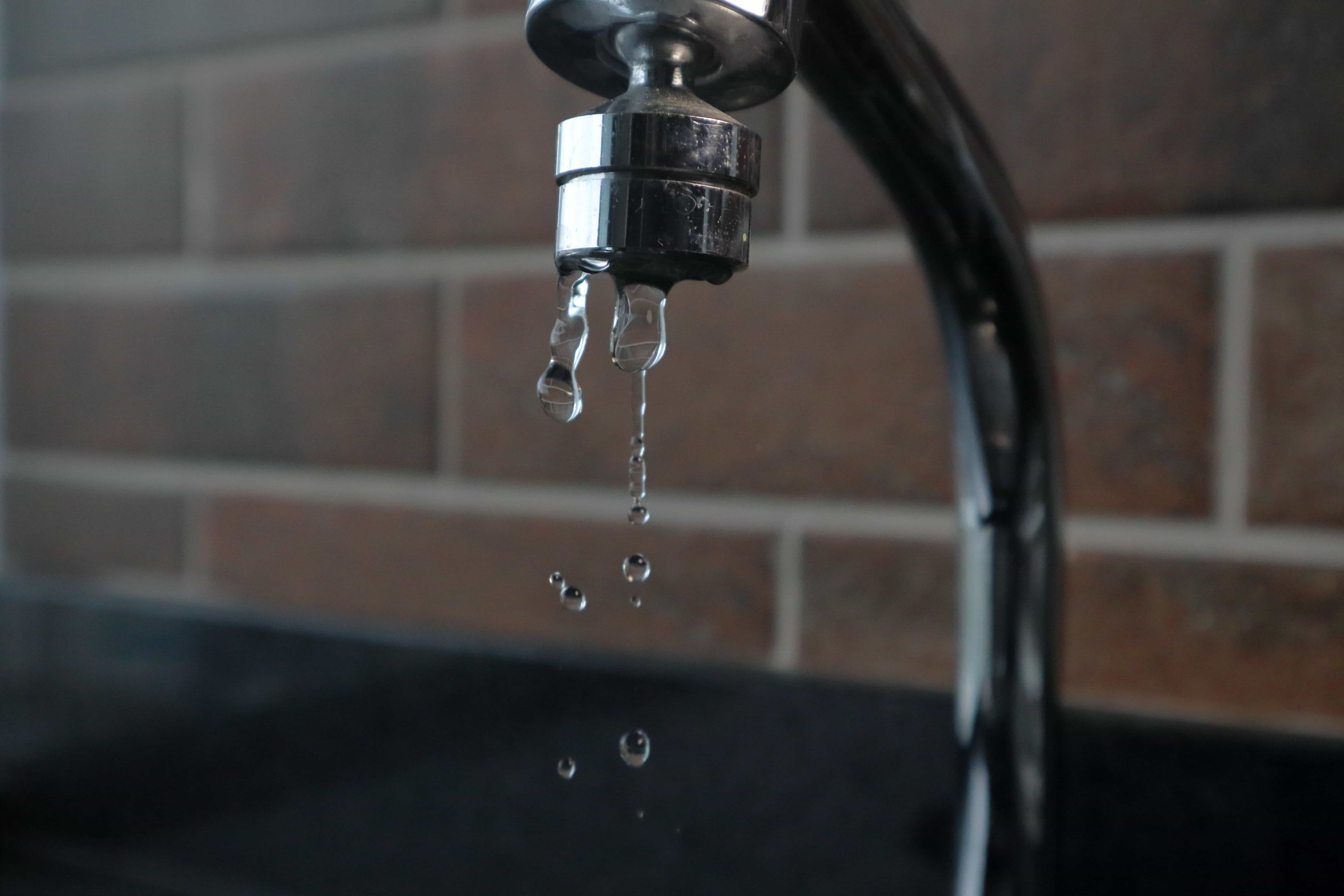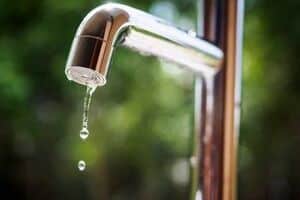Environmentally Friendly Piping Fixtures: Creating a Green Living Environment
Environmentally Friendly Piping Fixtures: Creating a Green Living Environment
Blog Article
What're your opinions on Eco-Friendly Plumbing Practices for a Greener Home?

Introduction
In today's globe, sustainable living is coming to be increasingly essential. One area where home owners can make a substantial effect is with green plumbing solutions. By embracing eco conscious techniques, households can decrease their water and energy consumption while adding to a healthier world.
Greywater Systems
Greywater refers to carefully made use of water from sources such as showers, sinks, and cleaning machines. Rather than allowing this water go to waste, greywater systems reuse it for non-potable usages such as landscape irrigation and toilet flushing. By applying a greywater system, property owners can save fresh water sources and lower strain on community wastewater therapy facilities.
Rain Harvesting
Rainwater harvesting includes collecting and storing rain for numerous purposes, consisting of irrigation, commode flushing, and washing. Rain collecting systems typically contain a collection surface (such as a roof), seamless gutters, downspouts, and storage tanks. By collecting rain, homeowners can reduce their reliance on metropolitan water resources and preserve fresh water sources.
Solar Water Heaters
Typical water heaters depend on nonrenewable fuel sources or power to heat water, contributing to carbon discharges and power consumption. On the other hand, solar water heaters utilize sunlight to heat water, providing a sustainable and environmentally friendly option. By harnessing solar energy, home owners can lower their energy costs and minimize their carbon impact.
Eco-friendly Pipe Materials
Traditional pipes products such as copper and PVC can have unfavorable environmental effects throughout production and disposal. However, there are lasting alternatives offered, such as recycled steel, cross-linked polyethylene (PEX), and high-density polyethylene (HDPE). These green pipeline materials supply durability, durability, and decreased ecological influence.
Water-Efficient Components
Traditional fixtures often waste water unnecessarily. Nonetheless, modern low-flow bathrooms, taps, and showerheads are designed to reduce water usage without giving up efficiency. These components can considerably reduce home water consumption, bring about reduced water costs and a reduced ecological footprint.
Energy-Efficient Home appliances
In addition to water-efficient fixtures, energy-efficient appliances can further reduce a house's ecological footprint. High-efficiency cleaning equipments and dish washers use less water and energy per cycle, helping to preserve resources and reduced energy bills. When purchasing devices, look for power STAR ® accredited versions for maximum effectiveness.
Smart Water Management Equipment
Breakthroughs in modern technology have actually made it much easier than ever before to check and enhance water usage in the home. Smart water monitoring systems utilize sensors and information analytics to track water use in real-time, recognize leakages, and offer understandings for preservation. By implementing wise water monitoring services, homeowners can decrease waste and make the most of effectiveness.
Health Advantages
In addition to environmental benefits, green pipes can also add to improved interior air quality and health and wellness. By using safe products and lessening chemical direct exposure, home owners can produce a healthier living setting on their own and their households.
Federal government Motivations
Many governments use monetary incentives to urge home owners to take on green pipes techniques. These incentives may include rebates, tax obligation credit ratings, and low-interest loans for energy-efficient upgrades. By capitalizing on these programs, homeowners can make eco-friendly renovations more inexpensive and obtainable.
Cost Factors to consider
While environment-friendly plumbing choices may have higher upfront costs than standard alternatives, they often offer long-term financial savings through reduced water and power expenses. In addition, lots of federal governments supply incentives such as discounts and tax debts for green upgrades, helping to offset initial costs.
Setup and Upkeep
Proper installment and routine upkeep are necessary for guaranteeing the efficiency and long life of green plumbing systems. It's important to work with competent specialists to mount and service these systems to avoid problems and optimize efficiency. Regular upkeep tasks such as looking for leaks and cleaning up filters can likewise help avoid problems and maximize efficiency.
Environmental Advantages
The environmental advantages of eco-friendly pipes are significant. By saving water and energy, homeowners can reduce their carbon impact and minimize their impact on natural resources. Furthermore, environment-friendly plumbing methods can assist secure ecosystems and maintain biodiversity for future generations.
Final thought
Finally, environment-friendly pipes options offer numerous benefits for home owners and the setting alike. By buying water-efficient components, greywater systems, rainwater harvesting, solar hot water heater, green pipe products, energy-efficient devices, wise water monitoring systems, and various other lasting solutions, homes can reduce their ecological footprint, lower their utility costs, and contribute to a healthier earth for future generations.
10 Greener Plumbing Solutions for a Sustainable Home
Install Water-Saving Fixtures
One of the most effective ways to conserve water is by installing water-saving fixtures. Low-flow toilets, aerated faucets, and adjustable showerheads are excellent choices. These fixtures reduce water consumption without compromising performance, allowing you to save both water and money.
Embrace Tankless Water Heaters
Say goodbye to energy-hungry traditional water heaters! Tankless water heaters are a greener alternative. Unlike their counterparts, these systems heat water on-demand, eliminating the need for a constantly heated reservoir. By only heating water when needed, tankless water heaters save energy and lower utility costs.
Opt for Greywater Recycling
Make the most of your water usage by recycling greywater. Greywater recycling systems collect and treat water from showers and laundry, making it suitable for non-potable uses like toilet flushing or watering plants. This reduces the strain on freshwater resources and minimizes water waste.
Consider Energy-Efficient Water Heaters
Upgrade to energy-efficient water heaters like heat pump water heaters or solar water heaters. Heat pumps utilize ambient air to heat water, while solar heaters use the sun's energy. Both options significantly reduce energy consumption and contribute to a greener home.
Invest in Leak Detection and Prevention
Undetected leaks can lead to significant water waste. Install smart water leak detection devices that monitor your water usage and promptly notify you of any leaks. By taking immediate action, you can prevent water waste and avoid potential damage to your home.
Insulate Your Pipes
Insulating your pipes is a simple yet effective way to improve energy efficiency. Properly insulated pipes minimize heat loss and reduce the risk of frozen pipes in colder climates. By conserving heat and preventing energy waste, you can save on energy bills while enjoying a greener plumbing system.
Harness the Power of Rainwater
Rainwater harvesting is a sustainable practice that can supplement your water needs. Collect rainwater in barrels or tanks and use it for tasks like watering your garden or flushing toilets. This reduces reliance on municipal water supplies and conserves precious freshwater resources.
Choose Eco-Friendly Plumbing Materials
When upgrading your plumbing system, opt for eco-friendly materials. Water-efficient fixtures made from recycled materials and piping materials like PEX (cross-linked polyethylene) promote sustainability. These choices not only conserve resources but also contribute to a greener planet.
Upgrade to Dual-Flush Toilets
Dual-flush toilets offer two flush options: a lower-volume flush for liquid waste and a higher-volume flush for solid waste. By using the appropriate flush setting, you can significantly reduce water consumption. Dual-flush toilets are an easy and efficient way to conserve water in your home.
https://www.croninplumbingandheating.com/post/10-greener-plumbing-solutions-for-a-sustainable-home

We were shown that editorial on through someone on a different web property. Please take the time to promote this post if you liked it. Many thanks for being here. Revisit us soon.
Show Details Report this page